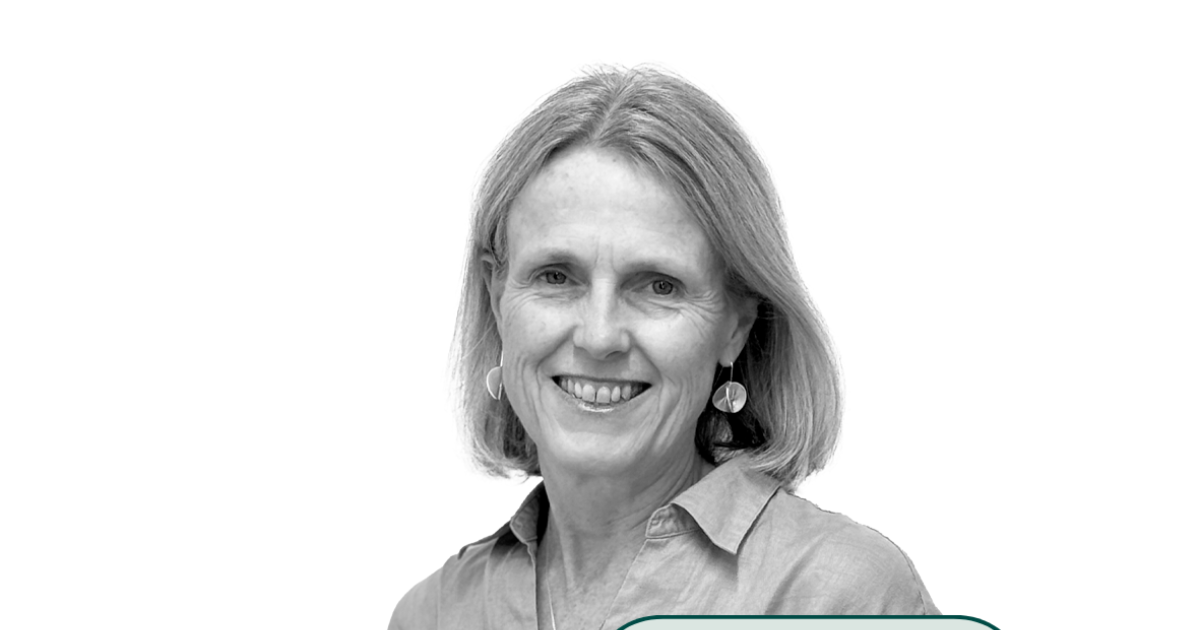In recent years, awareness of ADHD in women has grown substantially — particularly in relation to hormonal changes during perimenopause and menopause. For many, this life stage brings a surge of cognitive and emotional symptoms that can worsen pre-existing ADHD or even lead to a new diagnosis. The interplay between declining oestrogen levels and ADHD is gaining both clinical and public attention.
As a practitioner, I’ve seen a growing number of women in their 40s and 50s present with questions about attention, memory, and emotional regulation. Some already have an ADHD diagnosis and are noticing their usual coping tools are not as effective. Others are encountering symptoms for the first time and are looking for answers. What they are seeking is not only clarity, but a space to be heard and understood.
ADHD in Women: A Distinct Presentation
ADHD in women often appears differently than in men. While boys are more likely to be diagnosed based on externalised behaviours (e.g. hyperactivity), women often exhibit internalised symptoms — such as inattention, distractibility, emotional dysregulation, and executive function difficulties — which can be misattributed to stress, anxiety, or mood disorders (Antoniou et al., 2021).
Hormonal changes during midlife, particularly reductions in oestrogen, can exacerbate these cognitive challenges. Oestrogen plays a critical role in modulating dopamine in the prefrontal cortex, an area of the brain involved in planning, focus, and working memory (Jacobs & D’Esposito, 2011). As oestrogen declines, so too may the stability of dopaminergic signalling, which is already disrupted in ADHD.
What the Research Tells Us
A 2015 report from the Australasian Menopause Society highlights clinical observations where stimulant medications provided cognitive benefits in perimenopausal women, even those without a formal ADHD diagnosis, further supporting the role of oestrogen in cognitive regulation.
Recent public discussions, including those by Em Rusciano, an Australian comedian and media personality, have helped shine a light on this issue. Rusciano spoke candidly about receiving an ADHD and autism diagnosis in her early 40s, after years of unexplained cognitive and emotional struggles. Her experience has resonated with many women who previously felt unseen by traditional diagnostic frameworks (Rusciano, 2023).
Clinical Presentation: A Common Experience
In clinical practice, common concerns include:
- Worsening memory and forgetfulness
- Increased emotional sensitivity or reactivity
- Heightened overwhelm and cognitive fatigue
- Difficulty managing responsibilities once handled with ease
- Reduced medication efficacy in previously diagnosed individuals
Many of these experiences mirror symptoms of both ADHD and perimenopause. Without awareness of the overlap, women are sometimes misdiagnosed with anxiety or depression, delaying effective treatment.

Management Strategies: An Integrated Approach
Supporting women at this intersection involves a tailored, multidisciplinary strategy:
Pharmacological Interventions
- Reviewing ADHD medications: Some women may need dose adjustments during menopause.
- Considering Menopausal Hormone Therapy (MHT): MHT may benefit cognitive symptoms in select individuals, but decisions must be based on individual risk-benefit assessments.
Non-Pharmacological Supports
- Cognitive Behavioural Therapy (CBT) and ADHD coaching can support behavioural strategies and emotional resilience.
- Nutrition: A diet rich in omega-3 fatty acids, B-vitamins, and whole plant-based foods may support cognitive function.
- Lifestyle: Physical activity, regular sleep routines, and mindfulness practices have strong evidence in improving attention and emotional regulation.
Accessing Support in Australia
Women seeking support should consult practitioners experienced in both ADHD and menopause. National resources such as ADHD Australia and AADPA offer educational tools, screening questionnaires (e.g. the ASRS), and referral networks.
Online communities, including support groups on platforms like Facebook, also provide a space to connect with others navigating similar experiences.

A Message of Empowerment
The intersection between menopause and ADHD is complex and often misunderstood. But the growing body of research, public discourse, and shared lived experience is helping to shift the narrative. What was once hidden or dismissed is now being recognised as a valid clinical concern.
With the right support, this transitional stage can become an opportunity, not just for symptom relief, but for renewed self-awareness and empowerment. Women deserve to feel in control of their minds and health, at every life stage.
About the Author
Dr. Kafayat (Kafa) Lee is a highly experienced general practitioner based in Melbourne, Australia, with over 15 years of clinical practice. She is a Board Certified Lifestyle Medicine Physician with Australasian Society of Lifestyle Medicine and International Board of Lifestyle Medicine.
Dr. Lee's practice encompasses all aspects of general practice, with a particular focus on Lifestyle medicine, Women's health, Menopause management, Sexual and Reproductive health, ADHD management and Chronic disease care. She emphasises evidence-based strategies such as nutrition, exercise, stress reduction, and sleep optimisation to prevent and manage chronic conditions.
Dr. Lee is dedicated to empowering her patients through compassionate, non-judgmental care, guiding them toward improved health outcomes across all life stages.
She offers both in-person and telehealth consultations from various locations in Melbourne and a dedicated Menopause Telehealth service that can be booked via her website.
Book an appointment with Dr Kafa Lee
References
ABC News. (2023). How hormones and the menstrual cycle can affect women with ADHD. Link
ADHD Australia. (2021). Understanding ADHD in women. Link
Antoniou, E., Rigas, N., Orovou, E., Papatrechas, A., & Sarella, A. (2021). ADHD Symptoms in Females of Childhood, Adolescent, Reproductive and Menopause Period. Materia Socio-Medica, 33(2), 114–118. https://doi.org/10.5455/msm.2021.33.114-118
Australasian Menopause Society. (2015). Midlife ADHD in women: any relevance to menopause?. Link
Jacobs, E., & D'Esposito, M. (2011). Estrogen shapes dopamine-dependent cognitive function across the adult female lifespan. Frontiers in Neuroscience, 5, 1–11. https://doi.org/10.3389/fnins.2011.00097
Monash University. (2023). How hormones and the menstrual cycle can affect women with ADHD. Link
Rusciano, E. (2023). It took me down: I didn’t get out of bed for a month. The Daily Telegraph. Link
Disclaimer: The information provided in this blog article is for educational and informational purposes only and does not constitute medical advice and reliance on this information is at your own risk. It is not intended to be a substitute for professional medical advice, diagnosis, or treatment. Always consult personally with a qualified healthcare professional for any health concerns or before making any medical decisions. The author of this article is not liable for any decisions or actions taken based on the information provided and is not liable for any damages, injuries, or losses that may result from relying on the information provided on this blog. By using this blog, you agree to release the author from any and all claims, demands, and actions arising from your use of the information provided







